Test
Powered by 🌱Roam GardenDAO Governance Framework (DGF)
Tags: Blockchain Decentralization
Resources:
Arguments for Open Access: author-pays model
More aligned with academic philosophy.
The money barrier is preventing access for libraries, people around the world, furthering academic research.
Arguments against reform/open access: pay-for-access model
Open access just changes the pathway of monetary flow and does not solve the problems.
BioMedCentral's case: Though the technology for open source works, the business model is not tenable. Libraries end up paying much more for membership (~30K in 2007)than a journal subscription.
The pay-for-access model is required to upkeep more most intensive services like peer, review, editing and indexing,
Partnership for Research Integrity in Science and Medicine (PRISM) and Association of American Publishers (AAP) often lobby against the open access model.
Lots of questions about quality and sustainability about open access models.
"taxes are generally not paid so that taxpayers can access research results, but rather so that society can benefit from the results of that research; in the form of new medical treatments, for example. Publishers claim that 90% of potential readers can access 90% of all available content through national or research libraries, and while this may not be as easy as accessing an article online directly it is certainly possible." | Worlock, Kate (2004). "The Pros and Cons of Open Access". Nature Focus. Nature Publishing Group. Retrieved 2011-07-28.
Other governments around the world fund R&D much differently than the US.
Since open access journals have a low barrier to create, it is easy to create predatory open access publishing websites.
Funding:
Kung Documents:
The Problem:
Summary:
idea.io is nested DAO that allows for the exploration of ideas and knowledge and its dissemination. 9/1/2021
The business case is the citation system and having reputation and incentives be brought to the global scale and have the language around the generation of ideas be more intelligible and commonplace. Right now the system is pretty incestuous. Businesses don't have to cite their sources. In fact no one really does. People just happen to create stories that are sellable. What do you owe your sources? Reputation %? People that are part of the results. Soo how does one create a system where people would want to cite their sources. There will people that will be both good and terrible at citing sources. The idea is that hopefully it will become pretty apparent what idea/concept chains people think are thinking/think they are thinking.
How would you incentivise people to cite other people if that cuts into their own?
The network effects have to make it wothwhile.
"For public knowledge, use public infrastructure."
A/B Testing:
Use DAO to crowdfund to buy Elselvier $9.8B and Wiley and Springer Nature $1.7B
Then port over people from Nature and all of their journals, have them do the same thing, except the reviewers get paid and reputation.
“It’s entirely possible that our brain engages in a bit of controlled forgetting in order to prevent us from overfitting to our experiences.”
TODO :
Fill out this template:
The infrastructure layer provides compute, storage, database and virtualization support, the protocol layer defines blockchain network participation requirement and rules, method and protocol of consensus, while the services layer contains blockchain services to enable development of applications and connections to other technologies.
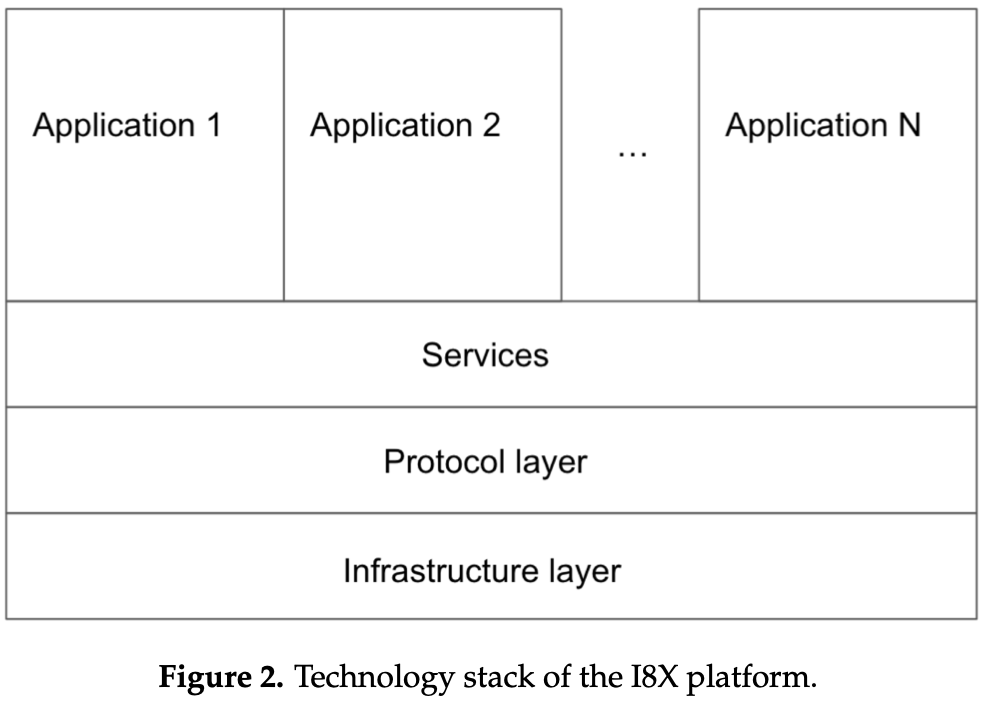
Infrastructure Layer:
Protocol Layer:
Consensus Protocol:
Network participation requirement and rules:
Service Layer:
Applications:
Contact People:
See Clickup
Concept Chain:
Attempts:
DAO-->NFT (tradeable?, metadata?)--> GRAPH like architecture with multiple agents --> MVPR --> Metrics.... --> Polywrap???--> Polkadot (multichain)---> Cardano?? Wolfram Science--> Neri Oxman --> Wood thinking / Hayou Miyazaki --> interoperability --> What is the ecosystem I want to build rather than just the single platform --> Stablecoins. --> Scalability --> Sustainability
DEVxDAO wants to be chain agnostic eventually, but Casper isn't the most interoperable (We support multiple key types. We support secp256k1 keys and ed25519 keys.)
What is the difference between secp256k1 vs. ed25519 keys?
News:
Launch Strategy:
Geopolitical Framework:
Publishers
Wants: Make money
They know there is a lot of leakage via Sci-Hub and private sharing. This is not their cash cow.
OA has been a large movement. Big Publishing has created a number of OA platforms and make their money through the publication fees (Paper Marketing).
Subscription services that companies, government, and Universities pay.
Products in the scientific work flow
The biggest players in this space are Elselvier and Holtzbrinck.
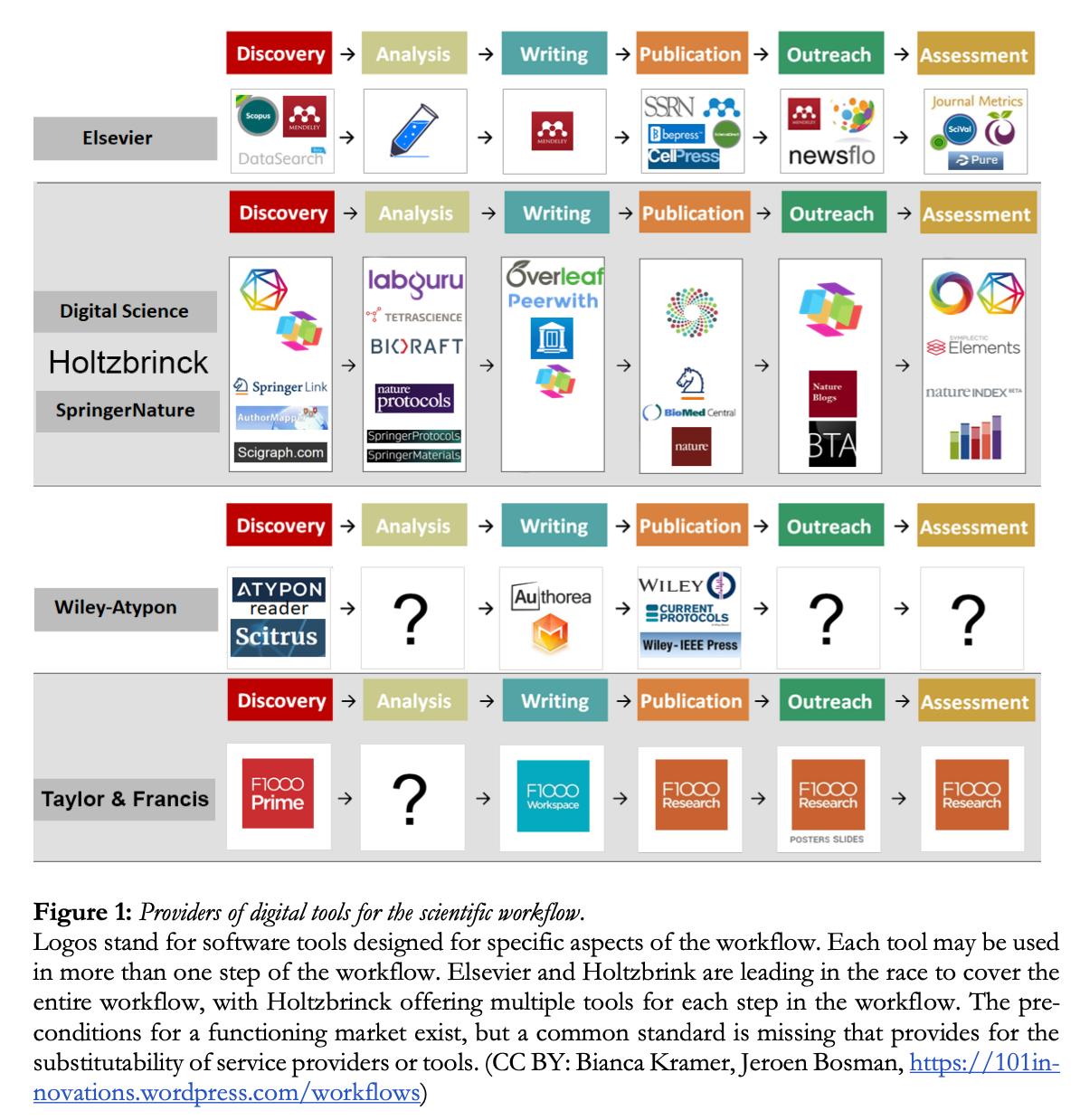
Citation tools
Mendley
Databases:
Compendex | Engineering | Elselvier
Scopus | Abstract | Elselvier
Anyway IT, and marketing would be applicable.
They can have all of this. They cannot own reputation and knowledge repository.
Constraints:
Tactics/Power moves:
Own parts of of the scientific workflow. They provide good products, but also end up owning bits of the workflow that are counter to the health of the ecosystem.
Mendley
Scopus
Universities
Wants: Make money and educate
Funding Agencies/Governments
Wants:
Maintain/ascend in power and relevance on the world stage.
Make sure the best and most relevant projects get funded to execute on short, mid, long-term goals of the nation.
Academics
Wants: Prestige and to expand the pool of human knowledge.
Constraints:
Industry
Wants: Competitive advantage to make money.
Constraints: R&D, Marketing, competition
UN
Long-term sustainability of the the world.
idea.io
How would having my codebase be public make me vulnerable?
How would Elselvier or Nature or a coalition of publishers attack the system?
Foundations:
What is the nature of an idea?
Resources:
Ideas Understood as Modes of Thinking
Third Meditation passage
..an idea is “the form of any given thought, immediate perception of which makes me aware of the thought”
In his reply to Thomas Hobbes (1588–1679), author of the Third Set of Objections, Descartes says that an idea is “whatever is immediately perceived by the mind”
Ideas and The Formal-Objective Reality Distinction
Three Kinds of Ideas
innate ideas
adventitious ideas
factitious ideas
Ideas can be modeled by the connectivity of natural language.
How can an idea be best represented with our current knowledge?
How can ideas be better represented in the future?
Paradoxical, thematically interconnected, both graph, topological, metaphoracle in nature.
Universal vs. Local truths vs. Anecdotal truths
Are all ideas truths?
I don't think so...
What about ideas of mythologizing for meaning creation?
Ideas are alive and a double edged sword.
Blade sharpness on either side depends on the timing of the idea.
wise and great ideas have been used to perform heinous acts.
What is the relationship between wisdom, health, meaning, knowledge etc.
How do we agree and disagree in healthy ways?
Understand that everybody uses different heuristics to understand similar things. There will always be some disagreement in terms and metaphors in communication.
Find common ground:
We both want the best outcome for the maximum number of people?
Types of ideas:
Type A:
Shamanistic:
Non-dual:
Memory vs. Non-Memory based Intelligence ... Dual??
Unity:
Dual:
Ying Yang
Marx:
Hegel: Thesis vs. Antithesis --> Synthesis
Nietzche: Apollonian vs. Dionysian
Adorno: Negative dialectics is a reaction to Hegelian dialectics. "anti-system." New knowledge is created from the recognition of the limits of knowledge.
Ricoeur: Overlap bias that shifts
Wholon
Plural:
Trinity:
Quad:
Pent:
Hex:
...
Hinduism level plurality
Type B:
0-1: Generation
1-10: Implementation
10-100: Manufacturing
The first follower turns the lone nut into a leader.
Truth is an 11 dimensional continuum and thinking is a 3D framework.
Quasicrystals
How does one create meaning and monitor/test them?
What happens when your principles conflict? How would you manage/make judgements?
Jaime Lanister
Standing on the shoulders of giants.
When does this idea break down?
nth-order?
What is a modern day conquerer?
Entrepreneur?
What is a reference point?
What is knowledge?
Knowledge vs ability
You can have knowledge but no ability to act on it.
The capacity of being able to act on something is a measure of maturity.
What is faith?
Do effective ideals evolve?
Or are they pretty fixed?
What about comedians and their ideas?
What about a killer's ideas?
Education basically gives the basics for a pretty big space to understand and create if you get far enough.
What is a practice?
What is wisdom?
Intellectually:
Self-awareness
Experientially:
Sense of humor about the absurdity and treating everyone as well as possible.
Doing what needs to be done.
Aphorisms:
"For the sake of something new, never, never, never give up." - Grandpa
For the sake of your highest ideals, act courageously and with purpose. - Dr. Hung
How do feelings come into play with ideas?
What does it mean for humans to progress if not the advancement of wisdom with the temporary s
Foreseeable Problems:
People will create a lot of ideas that may not be actionable how does one filter out the useful vs. needs more evidence.
The level of discourse will lead to a lot more ideas being generated than people will know what to do with.
This may accelerate the disrupting, disrupting, disruptors syndrome where nothing actually gets done.
This can be managed by....
How will quantum affect the evolution of this system and how ideas are represented?
Will AI outperform humans?
Meaning is generally created by how we carry ourselves and affect those around us. If a person knows how little they can affect the people around them physically, mentally, and most likely even spiritually, this may cause problems.
Lots of heat from publishing companies.
Features:
With presented ideas, a summarized list of conclusions and reactions.
Tagging system to show how other ideas were spawned because of idea paths.
Worldviews page: that shows you a summary of the ideas you represent.
Ways where ideas have been transformed or reinterpreted to create something new.
Show how basics of a time created new ideas/new math etc.
Questions from different levels and showing how they connect.
A lay person asks what is life
They might be tags for how an expert in the field may be trying to answer questions that might better answer that.
Thematic idea generator
Questions:
Is this a multi-DAO project or can this be done with 1x DAO?
How do you think you can get adoption?
Sci-hub didn't take any marketing efforts.
How is Wikipedia managing it's servers?
Who has tried to fight Big Publishing before?
Aaron Swartz: Guerilla Open Access Manifesto
What processes in Academic Publishing requires consensus, collaboration, convergence?
What is your idea in 2-3 sentences?
Idea.io is a question based platform build on a blockchain managed by DAO governance, that treats ideas as an NFT. Ideas will be judged base on relevance and maturity with a
Wolfram Alpha is just a really nice database, but kindof boring. However, the idea.io space needs that kind of expected database gravitas to be effective or trustworthy.
Google is also pretty good. It pulls up relevant data...
How is it different than wikipedia?
How is it different than Qora?
What is Qora?
Crowdsourced question answering.
Idea.io vs. Qora: Decentralized vs. Hybrid...
Medium:
More thoughtful
Twitter:
Gossipy
Great range in topics etc.
Forums
Discords
Crowd comm.
Both make money via advertisement.
Use cases:
Recording and generating ideas.
What do you want it to do?
I want it to be a record/database and I want it to be platform to generate ideas. I want to be able to collaborate with people companies like OpenAI, Chainlink, Wolfram, Cardano to make a platform that forces intellectual honesty.
Can you combine those 4 in some way to both scour existing knowledge bases
I want the Ramachandran's of the world to be more easily found.
I want people with different idea feel comfortable sharing ideas.
Question based:
Present a question and a possible way to answer that question.
Why am I here?
Who am I?
My soul hurts, what can I do?
What does math have to do with meaning if at all?
How can I navigate a time/add a verse that calls for everything that I can see that I represent?
What are the best ways to pair food given a specific pallet.
How are our current incentive structures engendering bad behavior?
What is bad behavior?
How do we penalize people with the understanding of redemption?
How
UI/UX design
Current Peer-Review System?
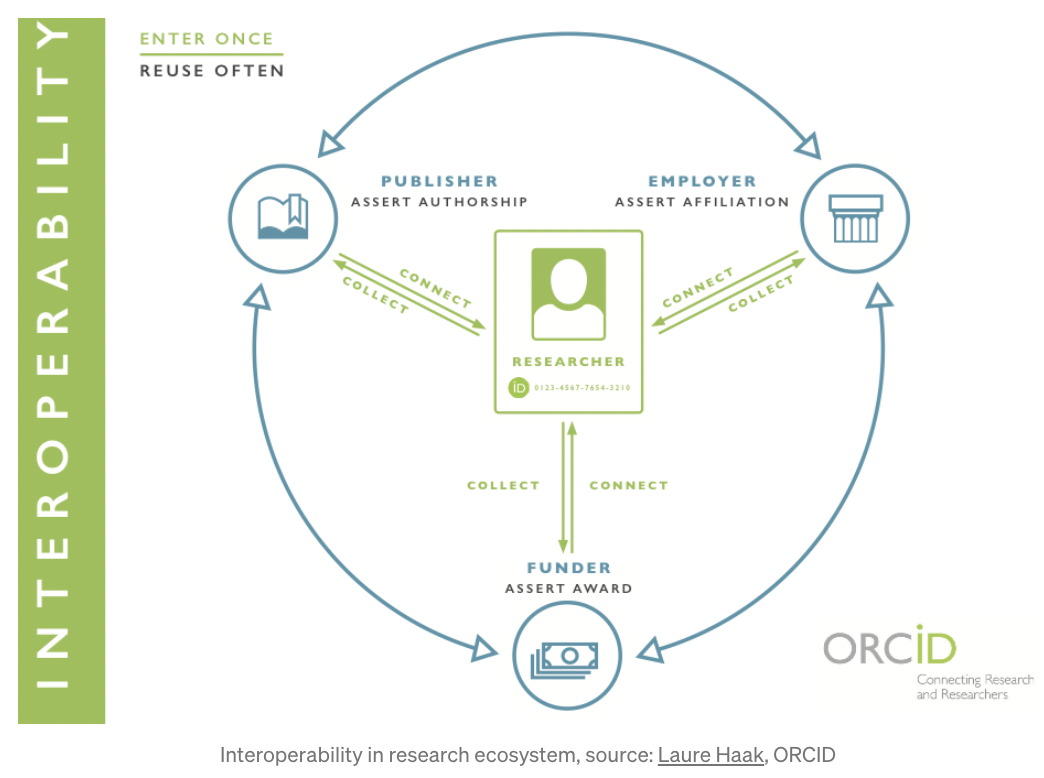
As research expands, the financial structure around it has to expand exponentially --> the power that these structures have at the moment. Not that publishers and funders are evil or ignorant. There is a self limiting process like any ecosystem (ie. predator vs. prey). However, since the middlemen have grown so big monetarily in the current economic climate, and a culture has been build around the ethos of the middlemen, the researchers and the world suffer.
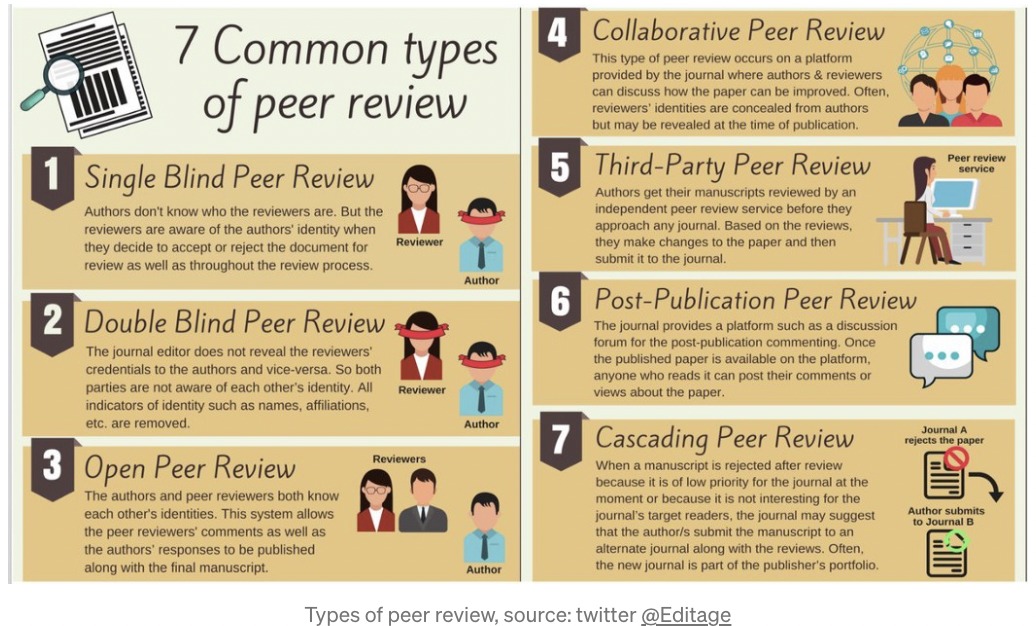
Limited Resources:
The most scarce resource of all is “intellectual man-hours” of promising researchers.
AI is getting pretty cool.
Knowledge evolves
Bad:
Citation cartels
5 traits of Modern Science:
Communalism,
Universalism,
Disinterestedness,
Originality, and
Skepticism.
Evals:
Quant:
Citation Count:
g-index
Publication Count:
Hybrid:
Hirsh Index (h-index):
10 articles with 10 citations each --> h-index: 10
JIF
SNIP
Qual:
What do you want to communicate?
Knowledge is relative. Even if there is an absolute, the process of treating it like it's relative proves to be more productive. When executing on ideas it is important to commit like it is truth to provide a valid data point. Each generation hopefully adds a verse to the song of human history where our metaphors, ideas, and tools improve where the the proper references are made to the history such that we can create better tools while creating deeper meanings.
We progress knowledge by asking better questions, and frequent discourse with increasing capacity/skill and wisdom in managing discourse.
We become wiser by how we handle and evolve the process of discourse.
The nature of things seem to be some essence of thematically interconnected paradoxes.
Meaning is more often created than found let alone given.
This can be a very harrowing experience.
The conversation movers can come from anywhere. The lawnmower or professor however, the platforms we currently have seem to miss out on a lot of potential.
Ideas cross talk between industries and fields
How does a new dance fad affect physicists? How can a physics principle be represented in dance?
How do we avoid extended the elephant problem?
Elephant in the room because of fear/insecurities.
Touching different parts of the elephant and telling others you're right and others are not.
Is evidence a prerequisite for adoption?
Great ideas can be suggested, but what is the probability that will actually move things forward?
If you're a pioneer, the burden of proof is on you.
If you're an alien abductee, the burden of proof is on you.
What is true vs. what is useful vs. what is healthy.
Are your ideas improving/getting denser or are you just stringing together more concepts haphazardly?
How will institutions interact with the space?
What should an idea ecosystem look like?
What Blockchain do you want to build on?
Polkadot
What happens if you get attacked?
Use design to make sure governance will be minimal.
DAO's will be useful.
Architecture
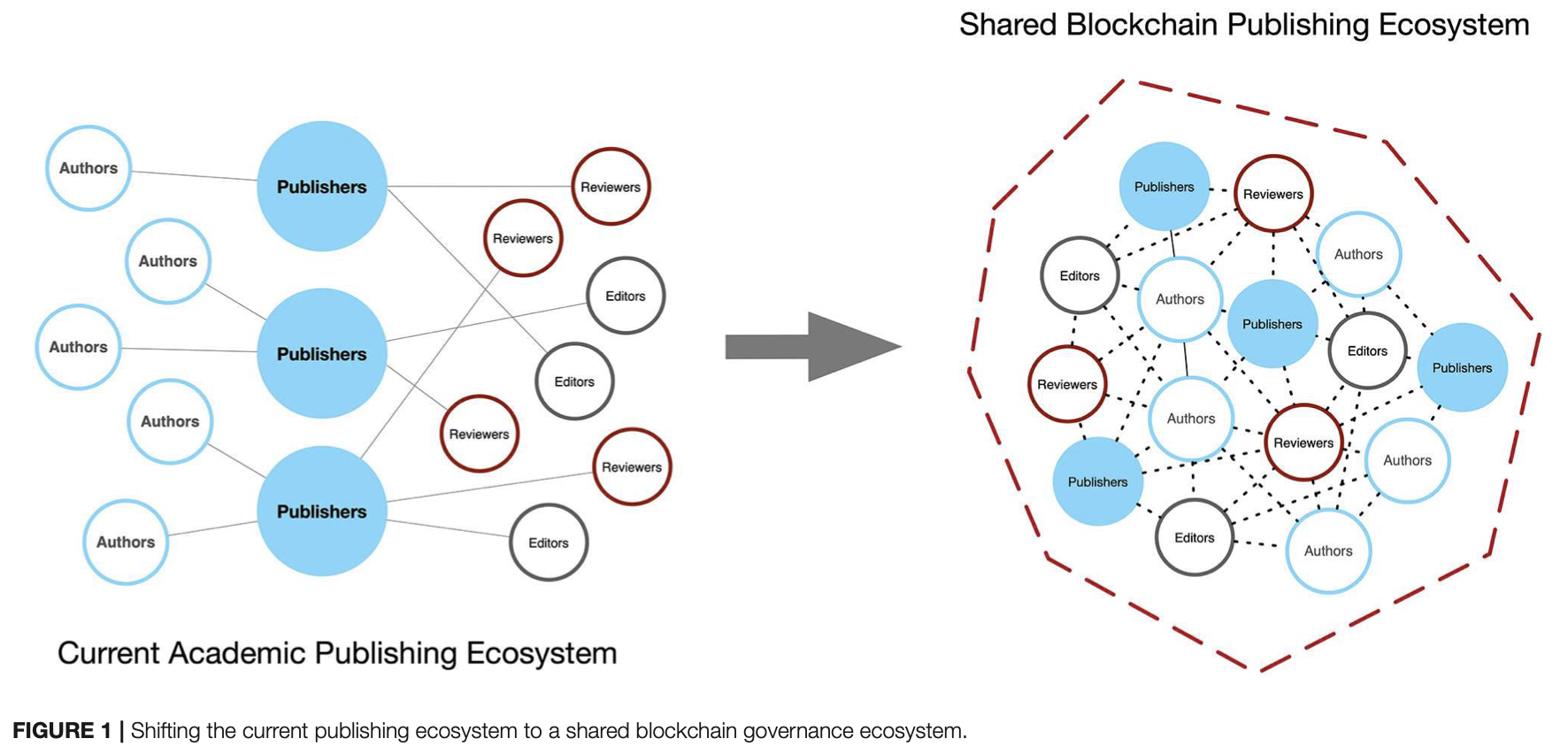
If goal is to prime the pump of ideas. What AI teams should you talk to immediately?
Open AI?
Deep Mind?
Cellular Automata?
How do you want to organize and present information?
Links to Proofs for ideas
How do you want to tag or rank ideas?
Rank ideas based on amount explored:
Ideas that have hit mainstream are mature. The Majoranas of the world would be nascent.
How would you use Cellular Automata of idea.io?
Study how Wolfram uses CA to explore both technical and social spaces.
Concurrent CA
Who do you think you should parter up with?
Chainlink
Cardano
Wolfram
Elon Musk
How is idea.io different than Wolfram Alpha or Qora or Wikipedia etc?
How will idea.io make money?
Transaction fees?
What is the market?
Everybody!
What are fair idea inclusion/exclusion criteria?
How does this platform affect the funding and university side of things?
What outliers do you want to better capture?
Citation bump observed for superconductivity papers after the discovery of high-temperature superconductivity in the 1980s.
delayed impact, like the explosion of citations to Erdős and Rényi’s work 4 decades after their publication, following the emergence of network science.
Quasicrystals was mocked by Linus Pauling
Stephen Hawking and Leonard Susskind and Gerard 't Hooft's Black Hole Wars
Majorana's self-annihilating quasi-fermion 1930's, and only reused in late 1990's for Topological quantum computing idea by Alexei Kitaev.
Machine learning had to wait 40 years for hardware to catchup.
How did institutions decide that h-index and IF were good enough metrics?
Scientific Publishing:
Status Quo:
Scientific publishing model resembles the economy of the social internet: labour is provided free in exchange for the hope of status, while huge profits are made by a few big firms who run the market places.
The Dutch giant Elsevier, which claims to publish one way or another 25% of the scientific papers produced in the world.
Open Access Attempts: Aaron Swartz--> Alexandra Elbakyan
James Spicer:
NIH pushing for more Open Access, which is great for the 3rd World/Developing nations, but bad for Professional Societies like IEEE.
NGO's ie. IEEE made money via membership subscriptions sales of publications to companies.
For profit companies will get their money one way or another.
NGO's are very useful:
Forums, timely news etc.
Papers published through Publishers are read much more --> citations which dictate promotions/hiring etc.
Access Fees and Paywalls are problematic.
What if each prof society was a DAO where they can collect their own profits?
How can you include centralized structures where their growth and influence in mitigated?
In an environment of DAO's, they can collect their fees, but what would limit their growth?
Okay, so you have to
Notes/Unorganized Thoughts:
What if different fields and different professional societies were DAO's and sub-DAO's?
Each group can determine the kind of fees they can charge members etc.
Can dynamism be implemented where using all of the same data, the rules change enough to prevent different types of tomfoolery?
Is it possible to
The basis of the system is replicatability and single observations. Stringing a bunch of them together is great, but we need to not run things like agrobusiness.
Clubhouse has an interesting marketing strategy to consider.
They don't have revenue, just a high valuation and a large network that they are trying to figure out how to monetize. Right now the ecosystem is dependent on social reputation.